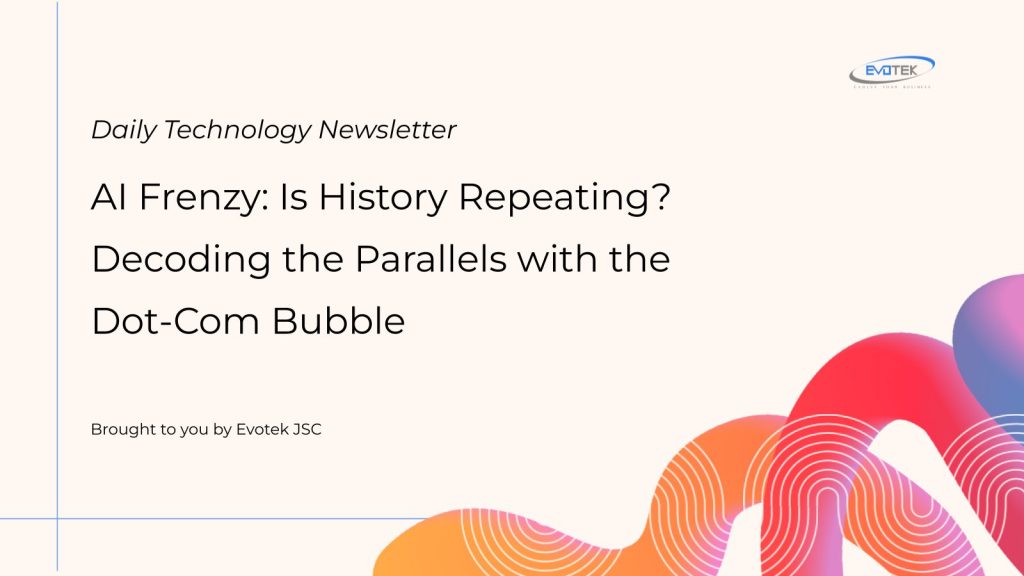The burgeoning excitement surrounding Artificial Intelligence (AI) has captivated the global market, drawing striking comparisons to the frenetic energy of the late 1990s dot-com boom. As AI enterprises command staggering valuations—some reaching hundreds of billions and minting new billionaires—and leading tech giants pour unprecedented capital into advanced data centers, a critical question echoes among investors and analysts: Are we witnessing a modern replay of market history, potentially leading to an AI bubble?
The parallels are indeed compelling. Much like the internet companies two decades prior, today’s AI firms attract colossal investments driven by their transformative promise rather than immediate profitability. Data from Stanford University highlights this trend, reporting global corporate AI investment hit $252.3 billion in 2024, marking a remarkable thirteenfold increase since 2014. Simultaneously, America’s technology titans—Amazon, Google, Meta, and Microsoft—have committed a record $320 billion to capital expenditures this year alone, with a significant portion earmarked for critical AI infrastructure development.
Even Sam Altman, CEO of OpenAI, whose company commands an estimated $500 billion valuation just two years after the launch of ChatGPT, acknowledges the similarities. In a candid August statement, Altman shared his perspective: “Are we in a phase where investors as a whole are overexcited about AI? My opinion is yes. Is AI the most important thing to happen in a very long time? My opinion is also yes.” This sentiment encapsulates the dual nature of the current market: immense potential alongside elevated speculative enthusiasm.
The historical backdrop of the dot-com boom of 2000 serves as a stark reminder. That era saw an “infrastructure overbuild” and a subsequent “big reality check” when lofty valuations clashed with commercial realities and sustainable business models. Many internet companies, despite groundbreaking ideas, lacked the fundamental profitability to justify their market capitalization, ultimately leading to a significant market correction. This historical context fuels the ongoing debate around whether current AI valuations are sustainable or if the sector is heading toward a similar reckoning.
As the AI revolution accelerates, the financial world watches closely. The question isn’t just if the AI bubble will pop, but what lessons from the past can guide us through this unprecedented era of technological and economic transformation.

 日本語
日本語 한국어
한국어 Tiếng Việt
Tiếng Việt 简体中文
简体中文